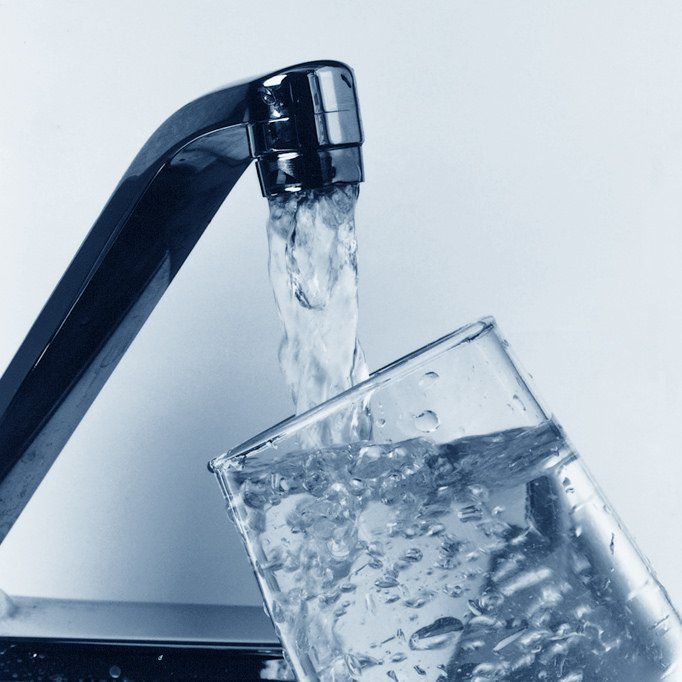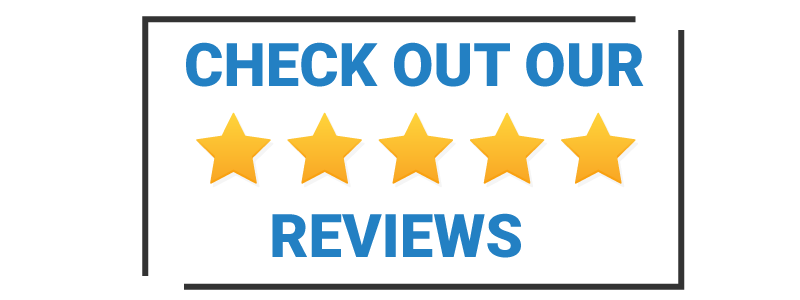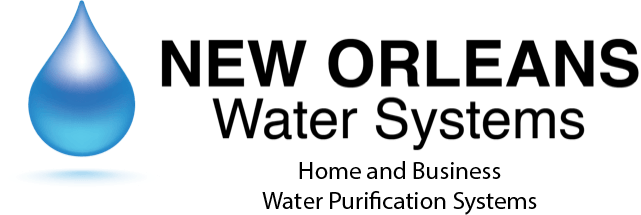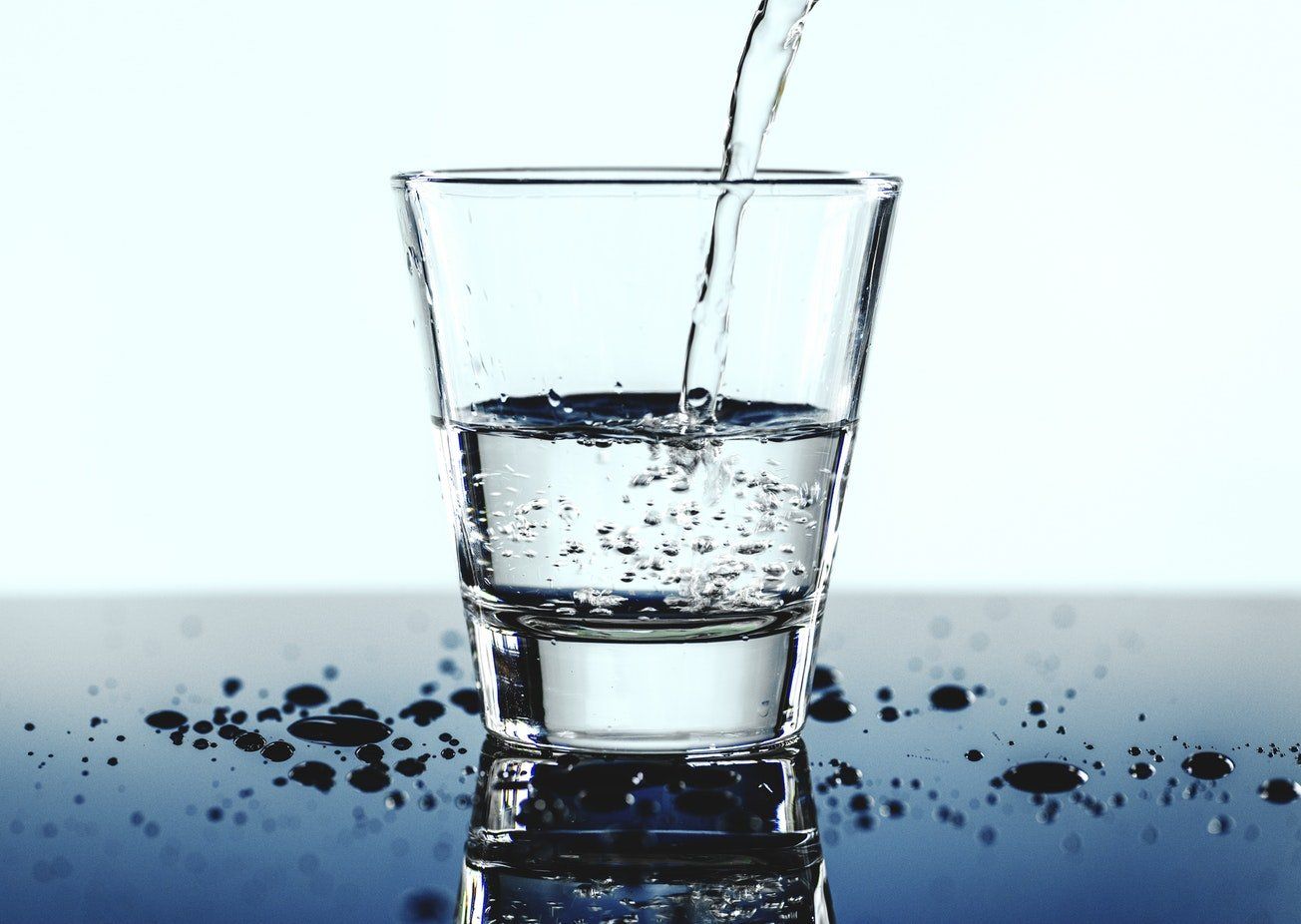5 Things to Consider Before Purchasing Reverse Osmosis in New Orleans
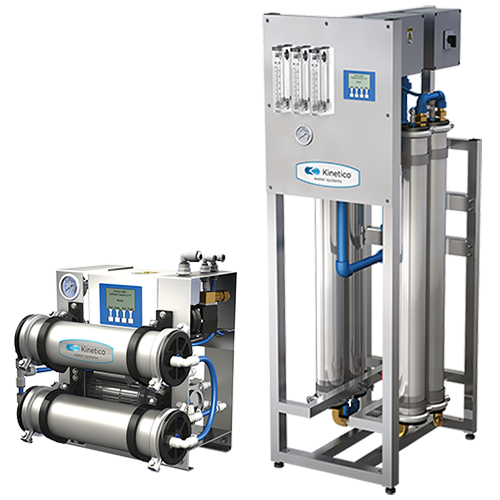
Reverse Osmosis Filtration (Commercial and Residential)
First Off... What Is Reverse Osmosis?
You may have heard the term reverse osmosis when researching water filtration systems for your home, but you may be unclear on the specific features and benefits of a reverse osmosis system. Making a choice about the best system for high water quality in your house can be difficult – but it doesn’t have to be. If you’re considering a reverse osmosis system, here are the details on what a reverse osmosis system can provide for you and your family.
Reverse osmosis systems are physical filtration systems that remove contaminants, large particles, dissolved minerals and other foreign substances by using a high pressure pump to push water through a filter. The filter allows water to pass through while leaving unwanted substances on the other side of the filter. The substances are then pushed through a reject stream, preventing them from continuing through the filter into your water.
Another common option for water in your home is a water softener. Water softeners differ from reverse osmosis systems by using ionization to replace magnesium and calcium ions with sodium ions. This process turns water with a high mineral concentration, known as hard water, into water with a lower mineral concentration, known as soft water.
However, water softeners do not remove the wide variety of particles and contaminants that a reverse osmosis system can remove. Think water softeners for benefits for your hair, skin, appliances, dishes and clothes – and reverse osmosis systems for benefits to your drinking water.
Reverse osmosis systems improve the taste of water through the removal of minerals and contaminants. If you’re concerned about the quality and taste of your water, reverse osmosis systems are the way to go. Contact NOLA Water today to find the right system for your home.
credit: kinetico.com
The Quality of Your Source Water
If you're using water for industrial or even residential use, relying on your tap water fed from the municipal source may not be an option. If your water has known issues like rust, calcium carbonate, and other contaminants, select a reverse osmosis system that is designed to filter the appropriate contaminants known to your water.
If your water comes from a well or lake, you will need to test the water to know what contaminants are in that water supply. Any reverse osmosis system you decide on must be able to filter out the contaminants you have present in your water to be most effective.
Before selecting your filtration system, you should completely understand all of the filtration methods available. UV systems are good for reducing the risk of microbiological contamination, but RO/UF technology is better for filtering out total dissolved solids.
How Much Water Are You Treating?
If you need water for an industrial application, you may need water from a bulk source like a reservoir or river. Considering the time in which you need a certain amount of water filtered should aid in your decision for the size of the RO system needed.
Aiming for the higher quality systems is a must when dealing with the commercial treatment of water. A lower quality, less expensive system will take longer filter and provide a lower quality of water purity overall. Also, consider plans for expanding in the future and the size of unit you will need if those plans become reality.
Environmental Conditions
The environmental conditions the reverse osmosis system works in can affect its' performance overall and your decision for which type of unit to go with. There’s no point in paying for a solar-powered water filter system if you live where there is limited sunlight. You want a system that can withstand hurricanes, flooding and other extreme weather conditions to protect your investment.
If you're in a high-risk area for boil advisories, make sure to contact your local water professional today to assess your needs properly!
The Associated Costs
Make sure to consider all costs associated with purchasing a reverse osmosis system. For residential, make sure you have a maintenance plan setup to avoid possible damage due to improper care of your home RO unit . For commercial units, make siure to read over the conditions of your purchase contract and what is included to cover your equipment. Ensure the utility usage of the unit aligns with your projected monthly expenses.
If your business needs new plumbing and installation, consider the expenses associated with a new system as well as the obstruction of any production in your business.
The Cost Effectiveness
Considering the long term investment in a residential or commercial RO system will help determine the type of system you ultimately want. Buying an inexpensive unit will need to be replaced sooner, may require more maintenance and also may not include a warranty or service plan. In addition to these things, the quality of water produced may be below expectations as well.
Purchasing a high-quality system back by a warranty, service plan and reputation can ultimately save you money down the road for any system.
You generally pay more for the overall capacity the system can handle, but the true comparison is the final price/gallon produced by two different systems. One, single system with the ability to handle a large amount of water is usually more cost-effective than two, smaller systems working to meet the same demands.
Also, withincreased water efficiency comes higher production in a commercial setting. What is the potential gain for production time/cost that you will be benefiting from?
Conclusion
Lastly, the quality of water is essential for your home or business. Consider all aspects of what a reverse osmosis system offers for your, your family, or your business.
